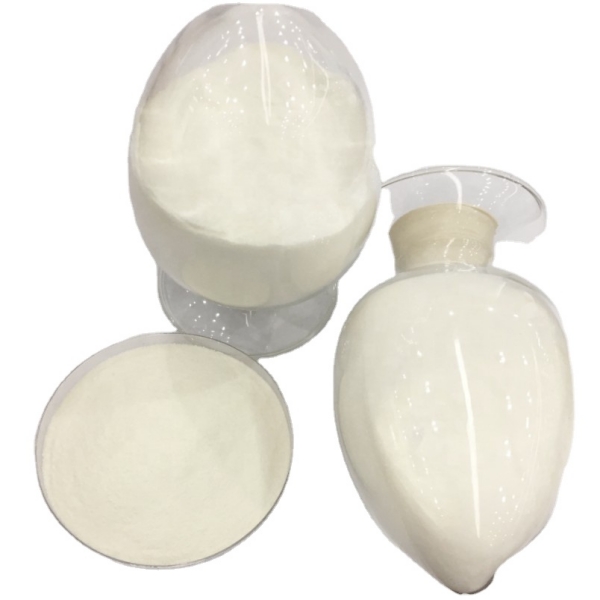Is sodium cyclamate better than sugar?
In today’s health-conscious society, seeking healthier, lower-calorie sugar alternatives has become increasingly important. This has led to the development of various sugar substitutes, sodium cyclamate sweeteners being one of them. As an important player in the food additive industry, food-grade sodium cyclamate has received widespread attention as a potential sugar substitute. In this article, we will explore the question: Is sodium cyclamate better than sugar?
As a sodium cyclamate supplier, it is important to understand the potential advantages and disadvantages of this sweetener compared to traditional sugar.
One of the main reasons for the popularity of sodium cyclamate sweeteners is their low calorie content. While sugar is known for its high calories, cyclamate provides sweetness without the extra calories. This makes it an attractive option for individuals looking to control their calorie intake and reduce their overall sugar intake. In addition, the use of cyclamate in food and beverage products is also beneficial for diabetics as it does not significantly affect blood sugar levels.
Moreover, as a food-grade sodium cyclamate, it is very important to highlight its stability under various conditions. Unlike sugar, which deteriorates in high temperatures and acidic environments, cyclamate remains stable and does not react with other ingredients. This makes it a versatile ingredient for a variety of food and beverage applications.
Another advantage of sodium cyclamate powder is their cost-effectiveness. As demand for low-calorie and sugar-free products rises, using cyclamate as a sugar substitute can provide manufacturers with a cost-effective solution. This could provide consumers with more affordable low-calorie options, ultimately helping with the overall goal of promoting healthier eating habits.
However, despite these potential advantages, potential disadvantages of sodium cyclamate must also be considered. One of the major concerns surrounding this sweetener is its safety. In the 1970s, reports suggested a link between cyclamate consumption and bladder cancer in laboratory rats. Therefore, the U.S. Food and Drug Administration (FDA) prohibits the use of cyclamate in food and beverages. While subsequent studies have failed to establish a clear link between cyclamate and human cancer, this historical controversy has sparked an ongoing debate about its safety.
In addition, some people may be sensitive to cyclamate or other artificial sweeteners and experience adverse reactions such as headaches, digestive problems, or allergic reactions. This highlights the importance of considering personal tolerances and potential sensitivities when adding cyclamate to foods.
Additionally, not all consumers like the taste of sodium cyclamate. Some people may experience a bitter or metallic aftertaste when consuming products sweetened with cyclamate. This can impact the overall sensory experience and consumer acceptance of products containing this sweetener.
In summary, the question of whether sodium cyclamate is better than sugar is complex and multifaceted. While sodium cyclamate sweeteners are a low-calorie and cost-effective alternative to sugar, concerns about their safety and taste cannot be ignored. As a supplier of sodium cyclamate powder, you must consider these factors when developing and marketing products containing this sweetener. Ultimately, the choice between cyclamate and sugar comes down to personal preference, dietary needs, and tolerance for artificial sweeteners. As the food and beverage industry continues to evolve, continued research and advancements in sweetener technology will further inform discussions about the best sugar alternatives in the future.
Welcome to contact us for more details
Website: https://www.huayancollagen.com/
Contact us: hainanhuayan@china-collagen.com sales@china-collagen.com
Post time: Feb-27-2024





